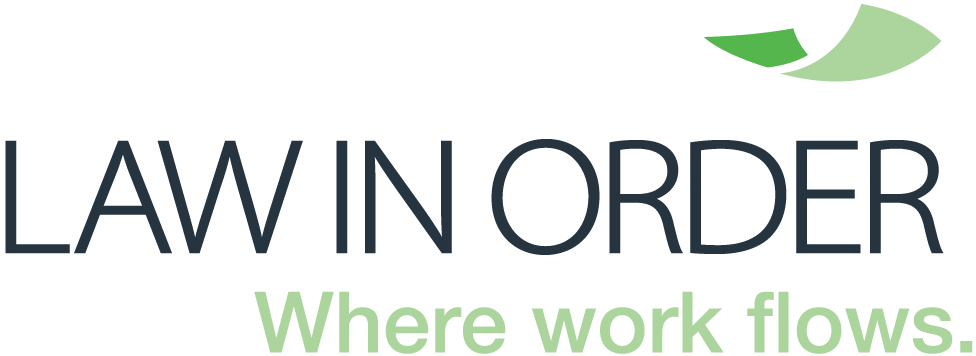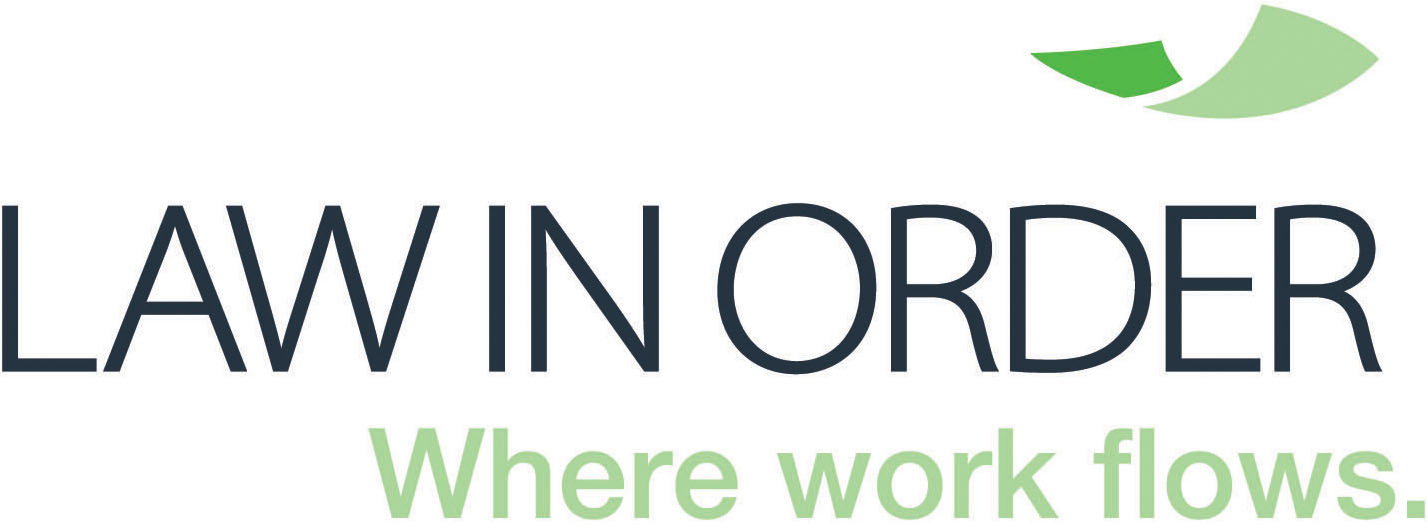 Organisations need to ensure their rules around information governance are being enforced. Many US organisations have an information governance officer in their IT, legal or risk team ensuring the procedures are promoted. In Australia, we see more hybrid roles where IT and record managers take on parts of governance.
Organisations need to ensure their rules around information governance are being enforced. Many US organisations have an information governance officer in their IT, legal or risk team ensuring the procedures are promoted. In Australia, we see more hybrid roles where IT and record managers take on parts of governance.
Increasingly, corporates in Australia are ensuring their data is compliant with local law and critical data is preserved.
Identifying the Data
Organisations need to know where their data is before attempting to capture it. In the event of a litigation or investigation, relevant data sources need to be identified.
For example, regarding an IP infringement and possibly loss of communication data, HR data won’t be relevant. Necessary data would probably include emails and Skype chat data. There would likely be one target custodian and therefore, it’s possible to narrow the investigation to that person. It wouldn’t be necessary to examine everyone’s emails and Skype messages.
Collecting the Data
It’s important to have a plan to collect data effectively from a workflow and time perspective, particularly taking into account the multiple platforms, eg social media, iOS, Android, etc.
Defensibility is essential so evidence is admissible in court. Consider a murder case. When evidence is collected, gloves are used so evidence isn’t contaminated. Similarly, data should be collected preserving its integrity.
Thought should be put into doing the collection internally or hiring a third-party forensics expert. Sometimes organisations miscalculate the friendship between the IT department and the custodian. This may jeopardise the investigation, so these factors must be taken into consideration.
Processing the Data
Once data is collected, it needs to be processed before it can be reviewed. Different data types can be difficult to review on the different platforms, eg emails on Outlook, chat on Skype, sales data on SalesForce, etc.
Processing extracts the text and metadata and puts everything into a single review platform where multiple reviewers can review the data and all work product is preserved.
The Role of Analysis
The next step is to add analysis to make the review more efficient and faster.
One tool is email threading which allows reviewers to only look at the last email in a chain, so only the most inclusive email is reviewed. This will probably contain all the content from previous emails in the chain.
Artificial Intelligence can learn the reviewing patterns of the reviewer so the most relevant material amongst the data is prioritised according to the way the reviewer is reviewing.
Deletion analysis lets a reviewer know when emails are missing. Computer forensics is then used to potentially recover lost emails and process them ready for review.
It’s possible to do high level analysis as well. This gives reviewers a sense of the type of data they are working with. For example, how are two suspects communicating? How often and what times are they communicating? Are there others that need to be looked at? This creates an overview of the conversation.
Email deletion analysis can also produce information. For example, if there is a drop in emails, it could be because of a holiday or an issue with the email system or perhaps people are deleting documents to cover tracks. When it’s time to do the document review, in-depth analysis can be done using duplicate analysis, keyword searching, conceptual searching, etc.
Once analysis is completed and the relevant data found, the pertinent documents for court have ultimately been produced.
Another highly significant benefit, having produced those documents for court, the organisation has been through an information governance learning process about how to preserve data and prepare itself for future investigation. This may change the way an organisation looks at their protocols and how they retain documents and data.
________________________
Law In Order is a leading provider to the legal profession of eDiscovery and legal support services including forensic data collection, information governance, managed document review, and virtual arbitration or mediation services. We provide a secure, flexible and responsive outsourced service of unparalleled quality to law firms, government agencies and inhouse corporate legal teams. The Law In Order team is comprised of lawyers, paralegals, system operators, consultants and project managers, with unparalleled knowledge and experience in legal technology support services.
________________________
By Erick Gunawan
E: erick.gunawan@lawinorder.com
W: www.lawinorder.com
__________________________
























 Law In Order
Law In Order Julian McGrath
Julian McGrath







